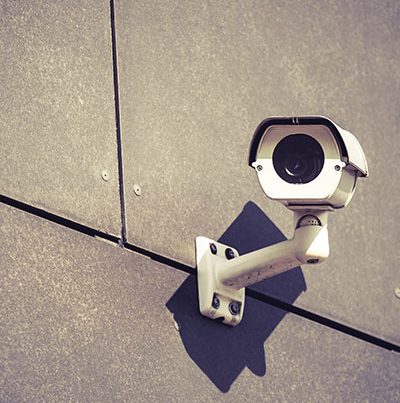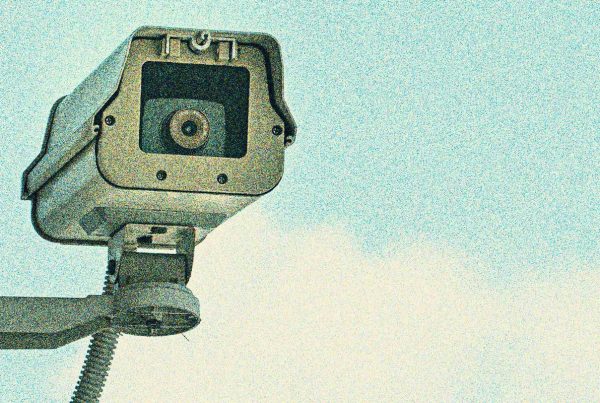August 11, 2020
There was a huge victory today for privacy rights against police use of facial recognition technology in the UK, and it’s a win that may impact the fight against facial recognition here in Canada and around the world.
Liberty, the UK’s largest civil liberties organization and a fellow member with CCLA of the International Network of Civil Liberties Organizations (INCLO) won a “ground-breaking legal challenge” in a decisive judgement from the Court of Appeal. They, along with a resident of Cardiff, argued that facial recognition technology is intrusive and discriminatory, and that the legal framework meant to protect people’s privacy is inadequate. They claimed that the way police in South Wales implemented and used this facial recognition technology broke the law that protects people’s data privacy in the UK, and further argued that police had failed to address the discriminatory impacts of the technology, which is known to be inaccurate at identifying faces that are Black, Brown, young, or female. The Court agreed and the police force has said they will not appeal.
The pilot project in question began when police in South Wales implemented automated facial recognition technology in public places to extract faces from live video feeds and compare them to faces on a watchlist. The watchlist, created by police, included people wanted on warrants, vulnerable persons, and persons of interest for intelligence purposes, apparently including activists. The technology was capable of scanning 50 faces per second, and it was estimated that 500,000 people may have been scanned during the pilot using this mass surveillance tool.
London’s Metropolitan Police have been regularly using facial recognition. In fact, police forces around the world, including here in Canada, have begun to use it. And while this UK case is grounded in UK data protection laws and European human rights law, the principled findings by the Court that facial recognition interferes with the privacy and equality rights of those indiscriminately captured by the camera set an important precedent for challenges to intrusive facial recognition surveillance in other jurisdictions.
CCLA and other civil society groups in Canada have been raising concerns that facial recognition has the potential to eliminate privacy in public spaces, and that that there should be a moratorium on its use, particularly for law enforcement purposes,. We need extensive public and policy debates that include full assessment of the risks to rights, accuracy and discriminatory impacts, and the social costs that the technology creates—and it should happen before we set the technology loose in our cities.
Liberty’s case reinforces that position. It sets an important precedent. The concerns CCLA has been expressing have now been recognized by a court: facial recognition technology raises fundamental risks to privacy and equality rights.
Read more:
About the Canadian Civil Liberties Association
The CCLA is an independent, non-profit organization with supporters from across the country. Founded in 1964, the CCLA is a national human rights organization committed to defending the rights, dignity, safety, and freedoms of all people in Canada.
For the Media
For further comments, please contact us at media@ccla.org.





